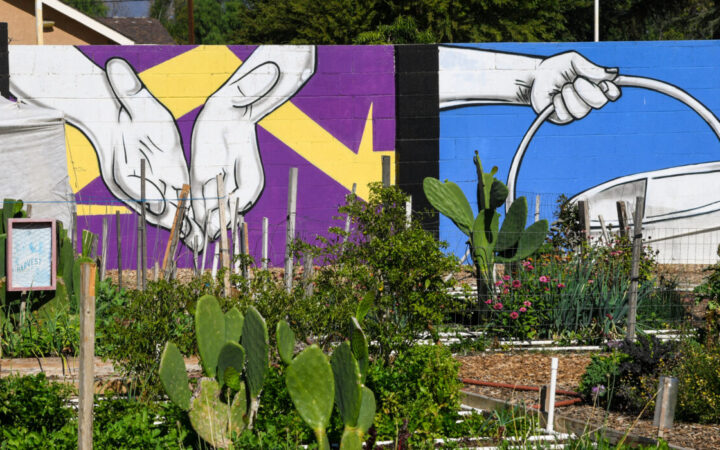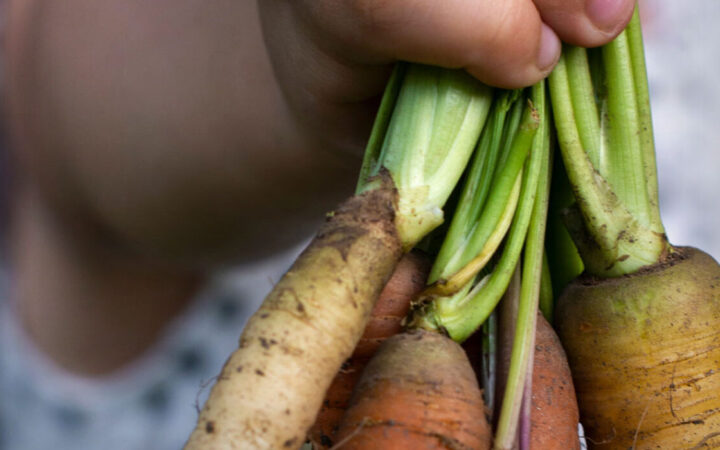This report identifies recent themes and trends in U.S. laws and executive orders at the local government level that relate to improving food access and other aspects of food and nutrition security, as well as emerging priority areas that may affect this area of policymaking in the future.
Introduction
Millions of Americans simultaneously experience food and nutrition insecurity while suffering from diet-related diseases like obesity, type 2 diabetes, cardiovascular disease, and cancer. According to the US Department of Health and Human Services, these diseases are some of the leading causes of death and disability in the US with rates increasing steadily over time. One of the root causes of both food and nutrition insecurity and diet-related disease is unequal access to healthy and nutritious foods.
In addition to state and federal policy action to address disparities in food and nutrition security, counties, cities and other local governments can play an important role in improving access to healthy and nutritious food. Local government policymaking provides distinct advantages that federal and state-level policymaking does not, including physical proximity between affected people and policymakers, a smaller number of policymakers to persuade, and smaller, sometimes more like-minded constituencies.
This report identifies recent themes and trends in US laws and executive orders at the local government level that relate to improving food access and other aspects of food and nutrition security, as well as emerging priority areas that may affect this area of policymaking in the future. Specifically, the first part of the report provides insight regarding some of the administrative and legislative policy changes that occurred between January 2020 and June 2022. The second section addresses themes that may be promising areas for future policymaking based on current areas of focus identified by food policy councils and other groups.
This report may be useful for policymakers, food policy councils, city government staff, advocates, and community groups as they consider policy approaches for their local contexts. It may also be useful for researchers looking to identify areas of policy to evaluate for public health impact, or to otherwise track and monitor through systematic study.
Acknowledgements
This resource was developed and written by Amanda Karls, J.D. for the Healthy Food Policy Project, with feedback and input from Lihlani Nelson, Deputy Director and Senior Researcher at the Center for Agriculture and Food Systems.. We especially thank team members of the Food Policy Networks (FPN) project at the Johns Hopkins Center for a Livable Future (CLF), including Anne Palmer, Karen Bassarab, Raychel Santo, and Darriel Harris, whose knowledge of local government policy priority areas informed aspects of the section of this resource entitled “Looking Ahead.” We are grateful for their time and expertise.
Suggested Citation
Amanda Karls, Food and Nutrition Policy at the Local Level: Recent Insights and Themes, Healthy Food Pol’y Project, https://healthyfoodpolicyproject.org/wp-content/uploads/hfpp-food-nutrition-policy-trends.pdf.




